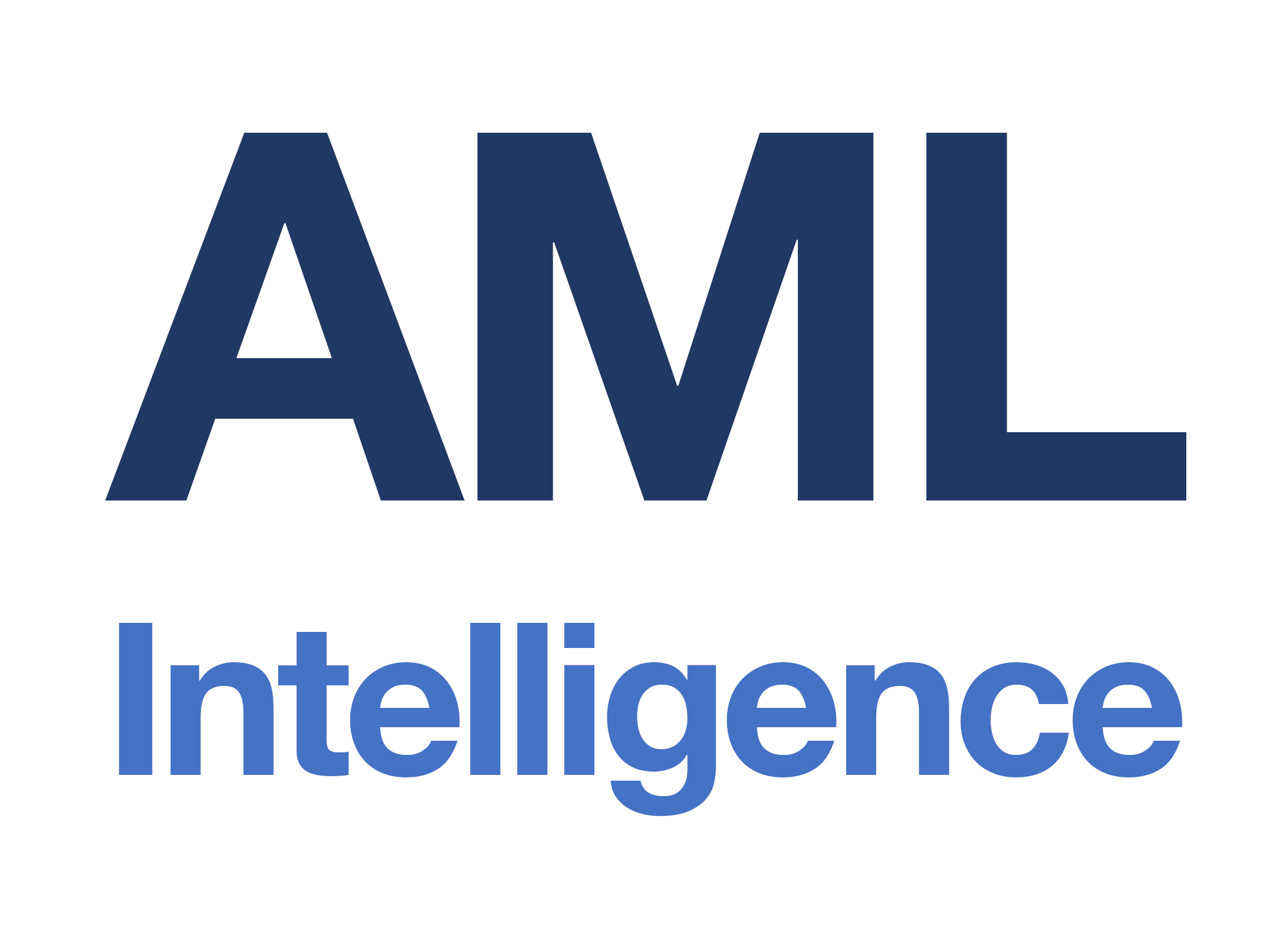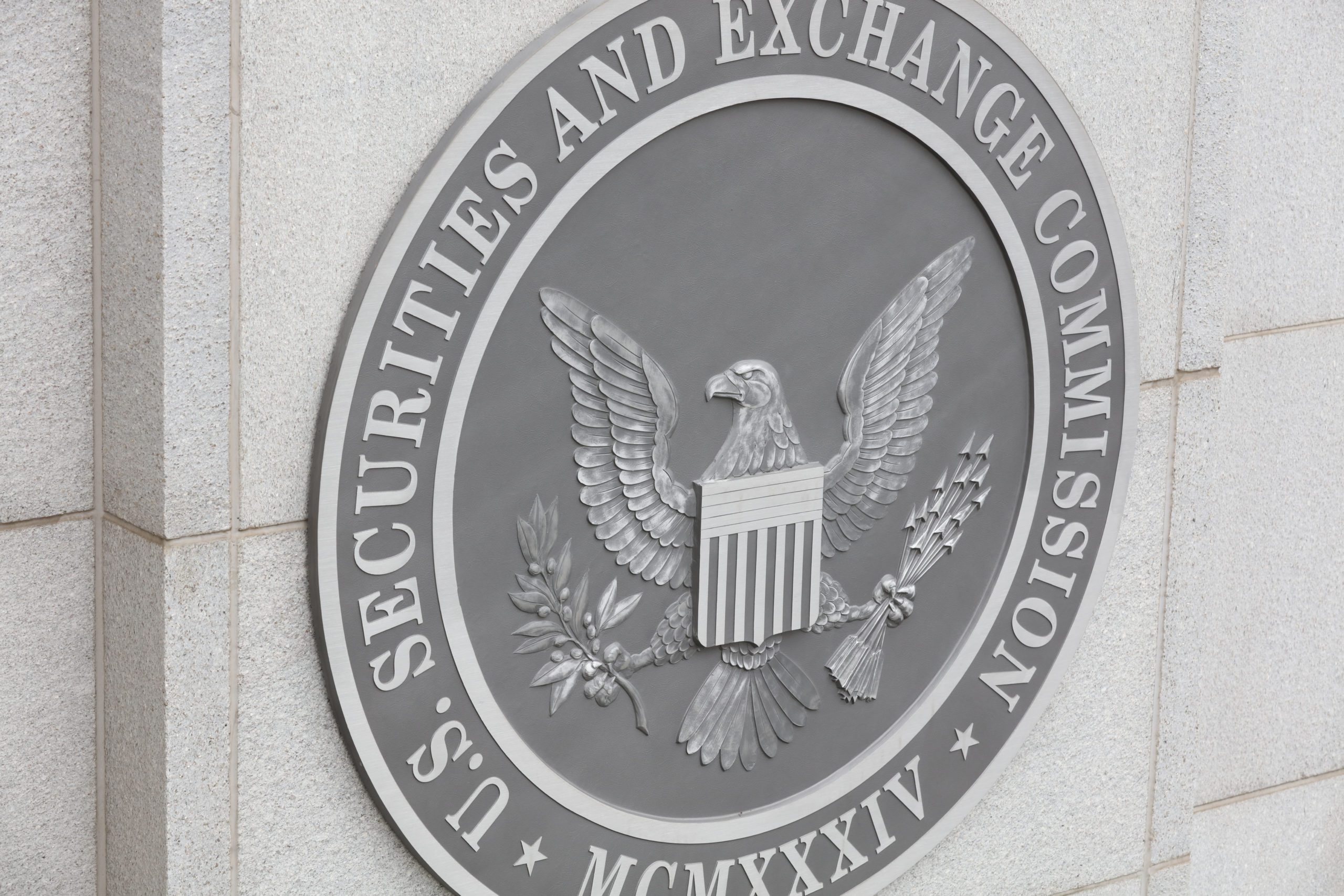
By Melissa Van den Broek
Senior Manager, Forensic Integrity & Compliance, KPMG, The Netherlands
THE TIDE is changing in the AML domain. After years of ‘tough talks’ between regulators and gatekeepers, the tone of voice has recently started to change in the Netherlands.
Instead of only looking back to what went wrong or should have been done better, this change allows for a future-looking discussion on what is needed for a more effective and efficient AML policy. The recent KPMG report “Joined forces: towards a more effective and efficient fulfilment of the gatekeeper role in the Netherlands”, published on 23 October 2023, provides solutions for a more efficient and effective AML policy in this regard.
In this article for AML Intelligence, I’d like to set out the findings of the study and its relevance within the Netherlands itself – and also for the wider EU and beyond.
Setting the scene
Over the past number of years, various shortcomings in money laundering prevention by gatekeepers in the Netherlands came to light and led to strong responses from regulators, criminal investigation services and the Dutch Public Prosecution Service .
Being seen as almost ‘partners in crime’, gatekeepers found themselves on the docket and/or were levied hefty fines. Gatekeepers, especially banks, came under even closer scrutiny from politicians, the media and society.
This approach resulted in gatekeepers feeling compelled to do more than necessary to make sure that they could demonstrate compliance with all requirements.
Today this compliance-oriented approach has resulted in a situation where customers increasingly experience issues in the form of reduced access to the financial system, longer processing times, and higher costs. PEPs and non-governmental organisations in particular experience issues.
Industry joins forces
Nevertheless, gatekeepers are increasingly aware of the importance of their gatekeeper role and want to organize more effectively and efficiently: for themselves and for their customers.
In early 2023 a wide coalition of Dutch industry and professional associations – representing both gatekeepers as well as their clients – joined forces and asked KPMG Advisory in the Netherlands to perform a study into the opportunities and possibilities for improving their AML/CTF and Sanctions efforts.
The study identifies a number of impediments for gatekeepers that withholds them from performing the role of gatekeeper adequately.
Aside from the inherent tension between running a business and performing a public task, it is especially the lack of sufficient support from the government that frustrates gatekeepers. Gatekeepers experience among other things:
- a lack of clear steering and prioritization by the government;
- conflicting laws and regulations;
- a lack of powers for gatekeepers to meet their expanding KYC/CDD obligations; and
- a limited opportunity to learn due to the lack of an effective feedback loop from law enforcement and the FIU.
A major limiting factor is the tension between the protection of (customer) privacy and the effective prevention of money laundering and terrorist financing. This tension was recently manifested itself in the rulings from the European Court of Justice on (public) access to the UBO register , as well as in discussions on information-sharing possibilities for gatekeepers and between gatekeepers and public partners.
While promising steps are taken in the Netherlands within the current legal boundaries – for example with collective transaction monitoring by banks in TMNL – changes to legislation are necessary in order to share all necessary data and to reach its full potential. Due to a government crisis, however, parliamentary discussion and decision-making is not expected any time soon. This is seen as a huge and regrettable setback for the banks and TMNL.
Global initiatives
As the situation in the Netherlands is not unique, the study also analysed a variety of (inter)national initiatives. The study includes new, ongoing and closed initiatives in order to identify success factors and lessons learned.
These initiatives show that the aforementioned identified impediments can be partly solved by focusing on collaboration and the use of technology, as well as (enhanced) central government steering.
In terms of private sector collaboration, the study has focused on a number of so-called joint utilities in the field of transaction monitoring, sanctions screening and KYC/CDD.
Examples of initiatives reviewed include the Know Your Customer Utility for Banks and Enterprise (KUBE) from Belgium, Invidem from the Nordics and the O-KYC initiative in Italy.
The various initiatives show that joint utilities can help to shorten the CDD process and lead to a decrease in costs. Available data is essentially reused, updated and enriched through these initiatives, which limits the need for repeated inquiries to customers.
With regard to transaction monitoring, it is noted that network analyses allow more to be seen than an individual gatekeeper could on their own; the result is more targeted and effective identification of unusual and suspicious behavior. Furthermore, early-warning systems to prevent ‘shopping’ by customers are an example of how gatekeepers can effectively share signals and prevent criminals from getting access to the financial system.
Public-private partnerships (PPPs) are also key to an effective AML policy. The Netherlands already has a number of PPP structures in place, both on a phenomenon basis (e.g., sharing of typologies and trends) and on an operational level related to transactions, reports and/or (legal) persons.
FATF has praised the public-private cooperation and called it a ‘key feature’ of the Dutch AML policy. Examples of successful PPP initiatives in the Netherlands are Fintell Alliance NL and the public-private cooperation within the Financial Expertise Centre (FEC).
The power of these forms of public-private cooperation is that they bring together intelligence from different angles. It can also improve the identification, analysis, investigation and prosecution of financial crimes. Moreover, it helps gatekeepers to improve their internal processes such as transaction monitoring; a win-win situation.
The use of (new) technologies may further allow for an enhanced effectiveness and efficiency in AML compliance. In the context of KYC/CDD one can think of the development and use of authentication tools or the digital identity, also known as e-ID, to accelerate the identification and verification process.
The study has looked at a number of digital tools, including in Singapore and Australia, the development of eIDAS 2.0 and the European digital passport, and to existing local initiatives like iDIN, Yivi and itsme®.
Finally, central government steering, which allows the government to speak (more) with one voice, to make clear choices and to set priorities, can also contribute to an increased effectiveness and efficiency. Therefore, this study also viewed a number of other countries to identify good practices on national strategies, national risk assessments and central coordination.
Netherlands in focus
The study presents various solutions that can be realized in the shorter and longer term to make compliance with AML and sanctions obligations more effective and efficient and that contribute to realizing a more effective and efficient AML approach.
Solutions for gatekeepers include the development of a common standard in the field of KYC (‘KYC taxonomy’), the creation of early warning systems and the creation of joint utilities in the area of KYC/CDD – in addition to the steps already taken by banks in the field of collective transaction monitoring.
The study also acknowledges that gatekeepers cannot be successful on their own.
It is therefore recommended that gatekeepers and government together deepen their public-private cooperation, for example by expanding the operational cooperation to gatekeepers other than banks. It is also recommended that government and gatekeepers work jointly towards the use of digital identities in the context of KYC/CDD.
The role of the government is furthermore crucial in order to increase the effectiveness of the overall AML policy. Government can further support gatekeepers by:
- creating reliable, public registers accessible to gatekeepers;
- creating a valuable feedback loop;
- regulating the real estate profession;
- taking measures to protect gatekeepers to address the fear of retaliation for reporting unusual transactions; and
- providing public education about gatekeepers’ roles and responsibilities.
For a more effective and efficient AML policy, it is essential that the government takes central control. Having a strategy based on a national risk assessment (NRA) is important in this regard. A good strategy sets the framework, provides direction and allows for priorities to be set. Therefore, this study recommends to:
- appoint a national coordinator on behalf of the government who is the ‘face’ of, and takes the lead in, coordinating the national AML approach;
- strengthen, deepen and expand the Dutch NRA by considering an enhanced method of analysis and by including sectoral and geographic risks; and
- to prioritize and establish a risk appetite for the Netherlands.
As many of the aforementioned solutions are affected by the current debate about privacy and the fight against crime, this study concludes that the highest priority must be given to balancing the importance of privacy and the prevention of money laundering and terrorist financing.
Lessons for rest of EU and beyond
Although the study is performed for the Dutch market, compliance with AML legislation and sanctions is a top priority in many regions around the world. The international initiatives included in the study also prove that countries face the same, or at least similar, issues.
In the end, an important lesson of this study is that improving greater effectiveness and efficiency cannot be done by gatekeepers alone. This cannot be done by the government alone. This can only be achieved by joining forces.
THE AUTHOR: Melissa van den Broek Phd LLM is a senior manager Forensic Integrity & Compliance at KPMG Advisory in the Netherlands and is co-author of the KPMG report “Joined forces: towards a more effective and efficient fulfilment of the gatekeeper role in the Netherlands”.
The study was commissioned by the Dutch Banking Association (Nederlandse Vereniging van Banken), the Dutch Association of non-life and life insurers (Verbond van Verzekeraars), two Dutch industry association of real estate agents and appraisers (NVM & VBO), the Dutch association of civil-law notaries (KNB), Holland Questor – the industry association of trust offices, the largest employers’ organisation in the Netherlands (VNO-NCW) and the largest entrepreneurs’ organisation in the Netherlands (MKB-Nederland). The study is currently only available in Dutch. Interested parties can send an email to vandenbroek.melissa@kpmg.nl to obtain further information in English.
Share this on:
Follow us on:











